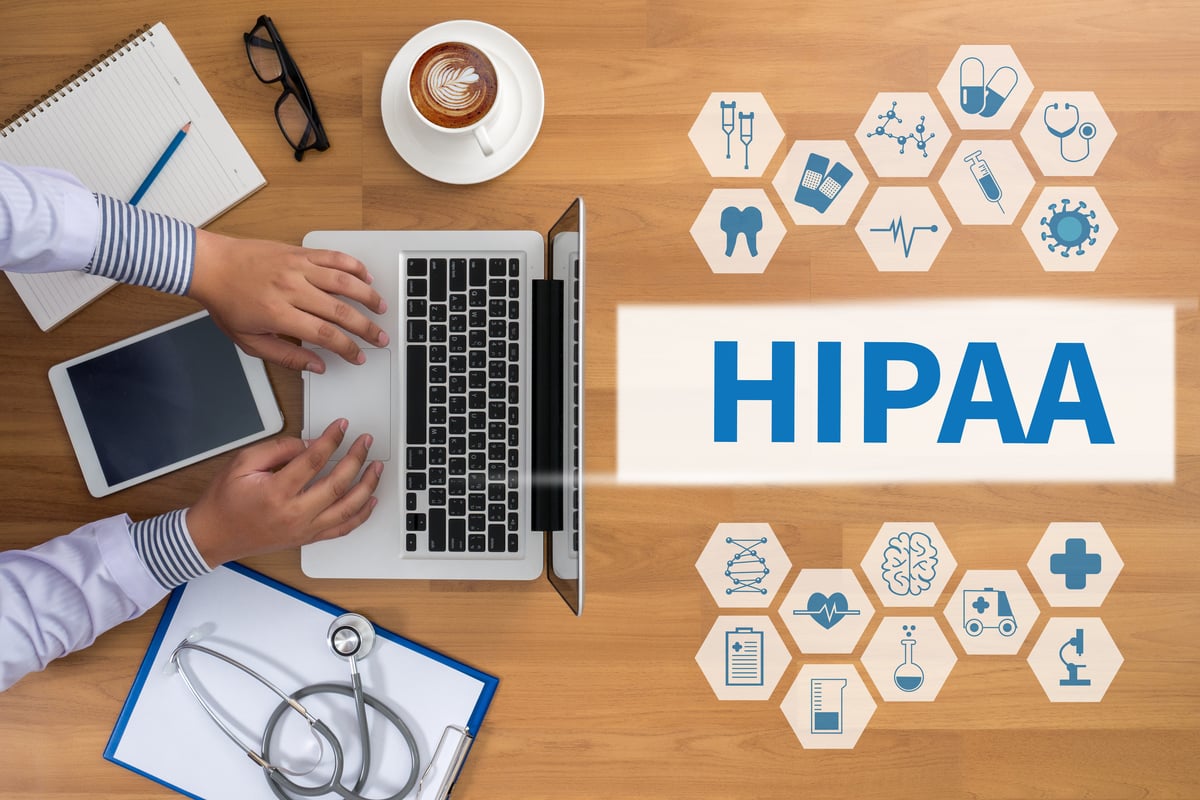
Upgrading to Windows 10 can reap benefits across multiple industries, but perhaps the most important changes are in healthcare. As a company in the healthcare industry, you must comply with HIPAA requirements. Part of these requirements is to ensure patient information privacy – something an older version of Windows could compromise. By upgrading to a new operating system like Windows 10, you can remain compliant with HIPAA and provide multiple benefits to your healthcare organization.
Why Should You Upgrade to Windows 10?
Windows 10 is the most secure operating system available on the Windows market today, providing ultimate security for you organization. Relying on an older version of Windows can put your sensitive data at risk if there is a security breach. The Windows 10 operating system can provide numerous benefits to you and your organization, including the following:
- Windows 10 has two-factor authentication implemented into its system. This feature adds a higher level of security, since users have to confirm their identity before they can log on to the computer.
- Windows 10 also incorporates modular threat-resistant features for your use. You can deploy some security features depending on your security needs, or you can choose to deploy them all at once.
- With Windows 10, you receive advanced hardware features to help you detect cyber threats. You can protect your patients’ information through a secure hardware detection process, helping you keep malicious threats at bay.
- Windows 10 also integrates an improved data loss prevention component into the operating system. This feature helps protect patient information and boost security without getting in the way of your staff's work.
How to Make Windows 10 HIPAA Compliant
While Windows 10 is secure and a serious upgrade from its previous versions, it does pose a threat to HIPAA compliance in two of its features: Cortana and Wi-Fi Sense. Both of these features store and share information, which can make your network vulnerable.
Cortana is a feature similar to Siri on the iPhone. This personal assistant can recognize voices and save data around contacts, location, and search history. You can make Cortana HIPAA compliant through the following actions:
- You can turn Cortana on or off through its settings. This will not remove information that it has already stored, but you can keep it from collecting further information.
- When you turn Cortana off, you can delete the information that the personal assistant has already collected in the settings.
- You can also change how Cortana collects information about the user and your device. The settings include a simple slide switch to turn off various information gathering tactics.
Wi-Fi Sense is a feature that allows you to share Wi-Fi information with other people in your contact list, enabling people to connect to your office’s shared network without a password. These contacts can come from your address book, LinkedIn, Gmail, and Facebook – putting your network at risk of a cyber breach. Like Cortana, you can disable this feature simply by turning Wi-Fi Sense off within its settings.
If you need assistance training your healthcare staff in the use of Windows 10 and/or Office 365 applications, contact KnowledgeWave today. Our team will ensure a smooth rollout for your company and help you maximize productivity. Schedule a call today to learn more about a free KnowledgeWave Learning Site trial.
You might also like these related Windows 10 blog posts:







